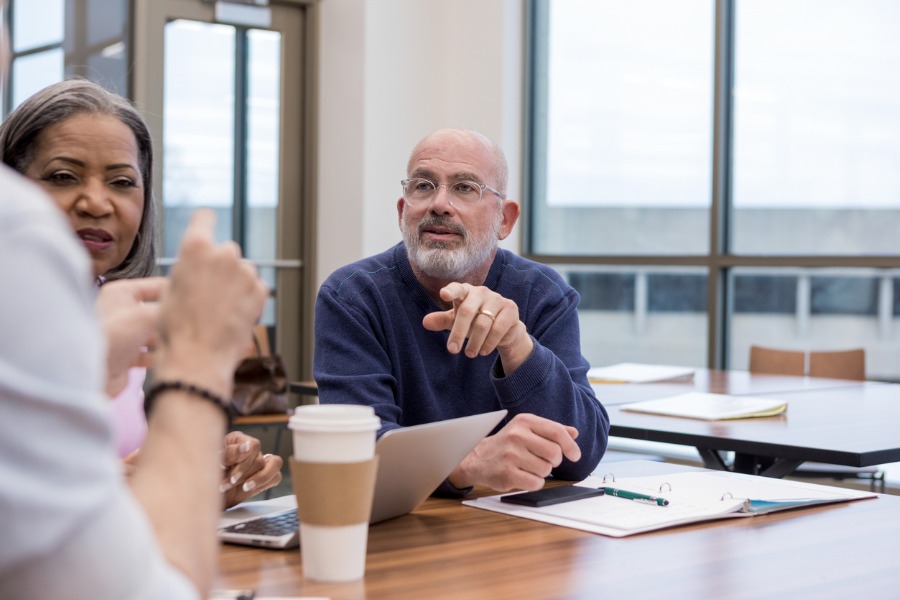

There’s a lot that people don’t know when it comes to saving for retirement, but even a few hours of simple instruction can make a big difference.
Recent research from Macquarie University in Australia found that people who took a three-hour online course designed by the school determined they could retire a year earlier than initially planned and were more confident about making financial decisions. Researchers included more than 800 people in the study, placing them into four groups: control; retirement course only; retirement course plus financial advisor and career advisor; and financial advice only.
The best results were seen in the group with holistic planning – the group with access to the course and advisors. After that, the group taking just the online course did best, followed by those receiving only financial advice, according to a report of the results published by the university.
Researchers measured financial decision-making, estimated spending, health goals, retirement age and retirement preparation.
The course, which the university has since made available for a fee, includes three modules covering finances, health and career. Addressing issues beyond just financial preparation is necessary, although most people focus exclusively on that when thinking about retirement, the professor who designed the course told the school.
The research was funded by the Australian Research Council and Allianz.
In the US, it’s well known that financial literacy rates are low and that people could use much more help understanding how to save and prepare for retirement. That hasn’t been lost on financial advisors, some of whom volunteer their time to educate the public.
James Sexton, founder of Western Reserve Capital Management, has been offering a multipart class at a local library for 20 years. He doesn’t sell products or services there, but it has nonetheless been a major prospecting strategy, he said.
“I’m up front … I tell people it’s all education. There’re no sales,” Sexton said. But the people who show up at a library for financial education tend to be more serious about it than those who show up for steak-dinner seminars at hotels, he said.
That works out, as he prefers to work with clients who are more educated, or want to be, on retirement saving and investing, he said.
Over time, Sexton pared down the number of classes from three to two; he covers retirement investing, tax strategies and withdrawals, specifically from IRAs or other tax-qualified accounts.
In two decades of teaching the class, he’s found that regardless of affluence, most people do not have a good grasp of basic investing concepts, he said.
Sexton lectures for an hour, and then takes questions, which he has found is the most revealing and rewarding part.
“Once they’re warmed up, you’re going to get an hour of questions,” he said. “It’s the best part of the class. It’s the unscripted part.”

Integrated Partners is adding a mother-son tandem to its network in Missouri as Kestra onboards a father-son advisor duo from UBS.

Futures indicate stocks will build on Tuesday's rally.

Cost of living still tops concerns about negative impacts on personal finances

Financial advisors remain vital allies even as DIY investing grows

A trade deal would mean significant cut in tariffs but 'it wont be zero'.
RIAs face rising regulatory pressure in 2025. Forward-looking firms are responding with embedded technology, not more paperwork.
As inheritances are set to reshape client portfolios and next-gen heirs demand digital-first experiences, firms are retooling their wealth tech stacks and succession models in real time.
